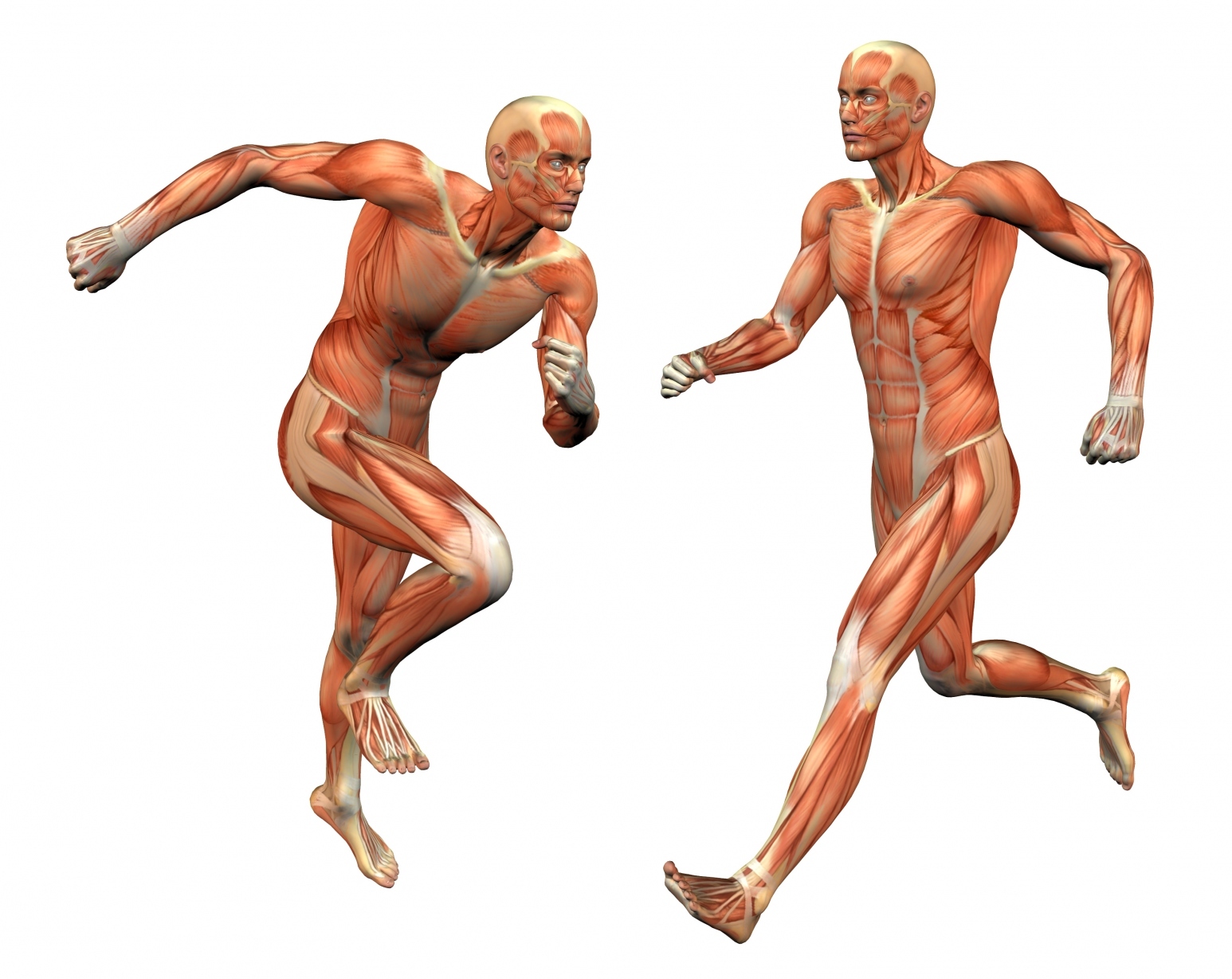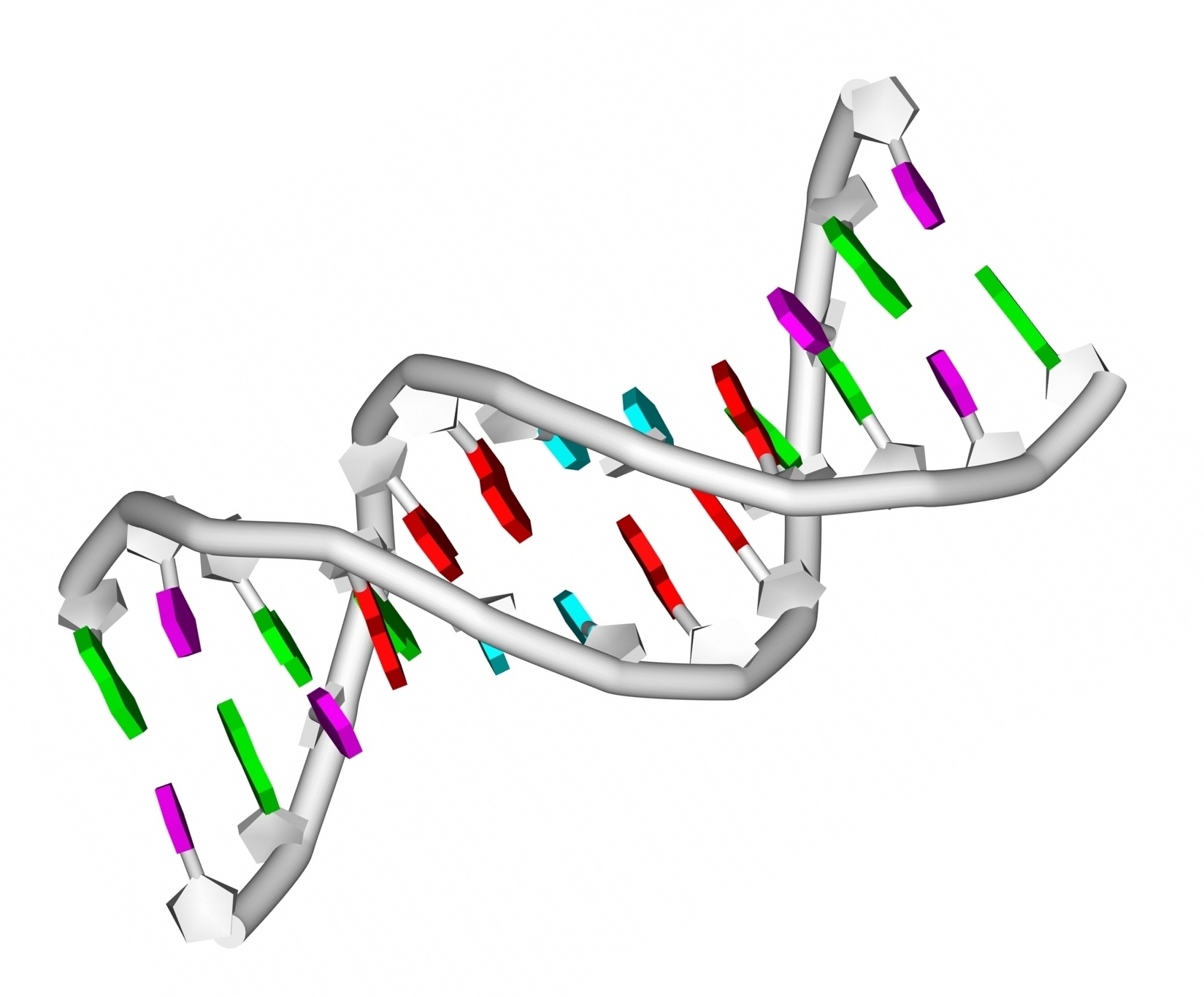This module is designed to review and build on your existing knowledge of basic physiology/human biology. We will be reviewing the major physiological systems and exploring the various mechanisms used to control and harmonise all the myriad body processes to achieve homeostasis. A good understanding of how these systems of control operate and integrate is vital to the Nutritional Science/Therapy and Personalised Nutrition.
Students who are required to complete the Human Biology (level 3) bioscience access course must successfully do so before starting this level 4 course.
- Module Leader: Fiona Ambrose
- Module Leader: Helen Hodgson
- Module Leader: Michail Rizos
Understanding how nutrients work at a cellular level is fundamental to Nutritional Science/Therapist and Personalised Nutrition. This module aims to establish understanding of the function of cell organelles with particular reference to protein synthesis, transcription and translation. Additionally, this module aims to develop the student's ability to relate structural and chemical features of macromolecules with their function in living systems and in particular the importance of vitamins and minerals as cofactors, in enzyme function of major metabolic pathways.
Students who are required to complete the Chemistry (level 3) bioscience access course must successfully do so before starting this level 4 course.
- Module Leader: Fiona Ambrose
- Module Leader: Helen Hodgson
- Module Leader: Michail Rizos
The aim of the module is to further develop student understanding of the scientific method and the statistical approaches that underpin nutritional and biomedical research, patho-physiological reasoning and evidence based practice. This module also introduces systematic search strategies, critical appraisal forms, and the tools that can be used for the statistical analysis of research data.
- Module Leader: Indrani Saha





